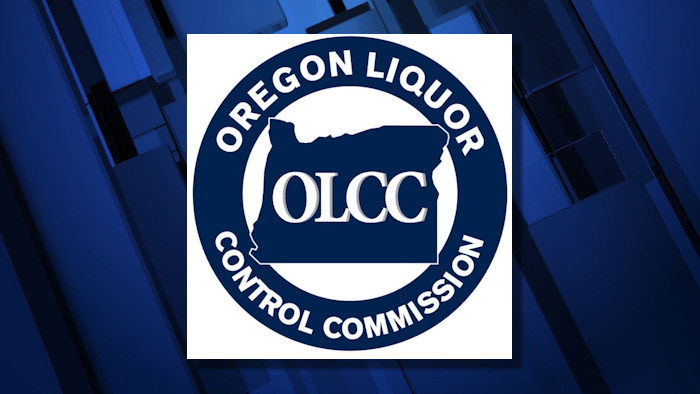OLCC will let marijuana retailers provide curbside delivery

Temporary rule tied to COVID-19 virus, restrictions
PORTLAND, Ore. (KTVZ) -- The Oregon Liquor Control Commission approved a temporary rule Sunday that supports social distancing to promote prevention of the spread of the COVID-19 virus, by allowing licensed marijuana retailers to conduct limited transactions outside their licensed premises.
The action will permit retail licensees to take orders and deliver product from the retail store to a person who is outside of the store and within 150 feet of the retailer’s licensed premises.
At an emergency meeting to consider temporary rules impacting the business activity of OLCC licensees in the alcohol and marijuana industry, the Commission took its action to promote social distancing in the wake of the COVID-19 virus. The Commission’s action aligns with the Governor’s Executive Order that prohibits public gatherings of 25 people or more, and encourages people to distance themselves by at least 3 feet while in public.
The temporary rule also increases the amount of flower that OMMP cardholders and caregivers can purchase to 24 ounces per day and no more than 32 ounces per month. This change temporarily increases the daily purchase limit for OMMP cardholders to match their personal possession limit. This rule does not change the total monthly amount a cardholder or caregiver is currently permitted to purchase from an OLCC-licensed retailer.
The temporary action that the Commission has taken is designed to balance the protection of public health while at the same time helping struggling businesses. Marijuana industry guidance can be found here.
“Every single decision that this agency is making, both for the liquor and the marijuana industries, are there for the consideration of helping people make a living and continue to make a living,” said Paul Rosenbaum, OLCC Commission Chair.
During the period of March 1-18, 2020, OLCC marijuana retailers have seen a 25-30% increase in sales, compared to the same period last year. Retail marijuana stores remain open, but these changes will let them operate in a way that is consistent with the guidance from the Executive Order by decreasing in-store activity, OLCC said.
However, the OLCC made it clear that if individual licensees take advantage of the temporary rule by disrupting public safety or public health that the rule could be suspended for the whole industry.
“We’re asking our retailers to make sure to work with the community and local officials so that this can happen in a safe and non-obstructive way to city services, otherwise we’ll need to make changes,” said Steve Marks, OLCC executive director.
The OLCC also adopted other temporary rules to protect public safety and safe access. One action the commissioners took grants the agency’s executive director the authority to immediately suspend and cancel the license for establishments that violate any executive order from the governor, including the prohibition on on-site consumption of food and drink and gatherings of 25 or more people at restaurants, bars and similar establishments to help slow the spread of COVID-19.
Specifically, the commission’s action makes it a Category II violation to, “…engage in or permit any activity that violates an order issued by the Governor relating to the manufacture, possession, sale, purchase, transportation, importation or delivery of alcoholic liquor.” OLCC’s public safety staff will be following up on all reports of establishments operating in defiance of the executive order.
Commissioners also voted to allow liquor stores and distillery tasting rooms to deliver factory-sealed containers of distilled spirits direct to consumer curbside or to their parking lots.
This temporary action, done to protect the health of employees and customers, mirrors action taken by the Commission on Thursday to implement curbside delivery rules for bars and restaurants for the sale of malt beverages, wine and cider with meals.
The agency said its action aids efforts to enhance community-level social distancing and mitigation. The only change OLCC is making to policy is for curbside delivery of distilled liquor, not home delivery.
“Curbside delivery of liquor is an option for businesses to keep people safer – it’s not a mandate,” Marks said. “It reflects a way to continue and control business for our liquor agents during these times as they manage under COVID-19.
"It doesn’t increase availability, but instead ensures safe access, and we will be consulting and working with law enforcement, and city and county officials, to ensure safe operation of these temporary rule amendments.”
The commission also reminded licensees that the prohibition on the consumption of food and drink as part of the governor’s executive order pertains to all licensed premises – whether the licensed premises is a bar, restaurant or a golf course. Even if these businesses also hold an off-premises sales license, that does not allow customers to purchase beer “to go” and consume on the licensed premises.
“Every single decision that this agency is making, both for the liquor and the marijuana industries are there for the consideration of helping people make a living and continue to make a living,” said Paul Rosenbaum, OLCC commission chair.